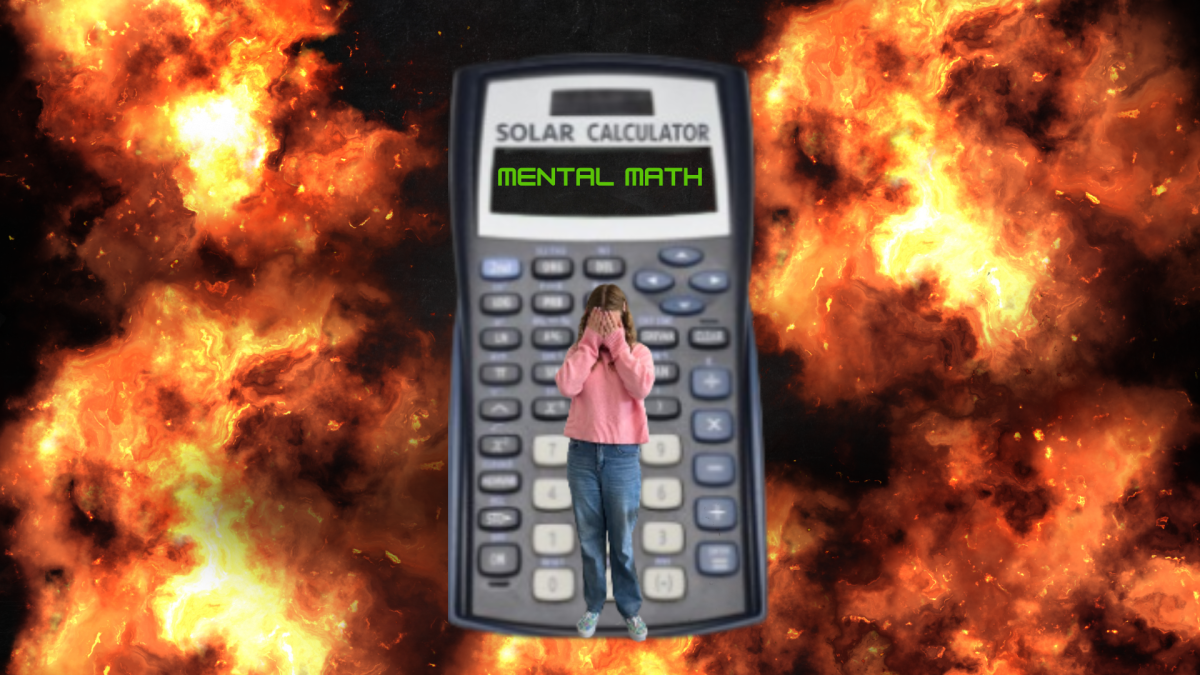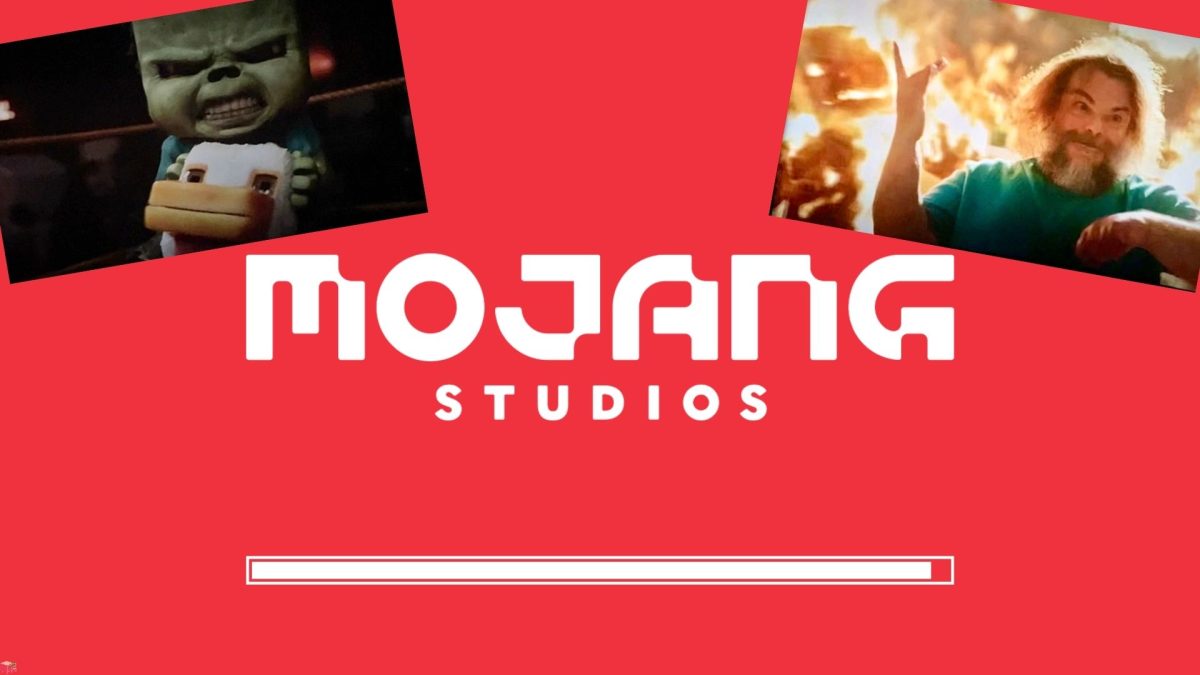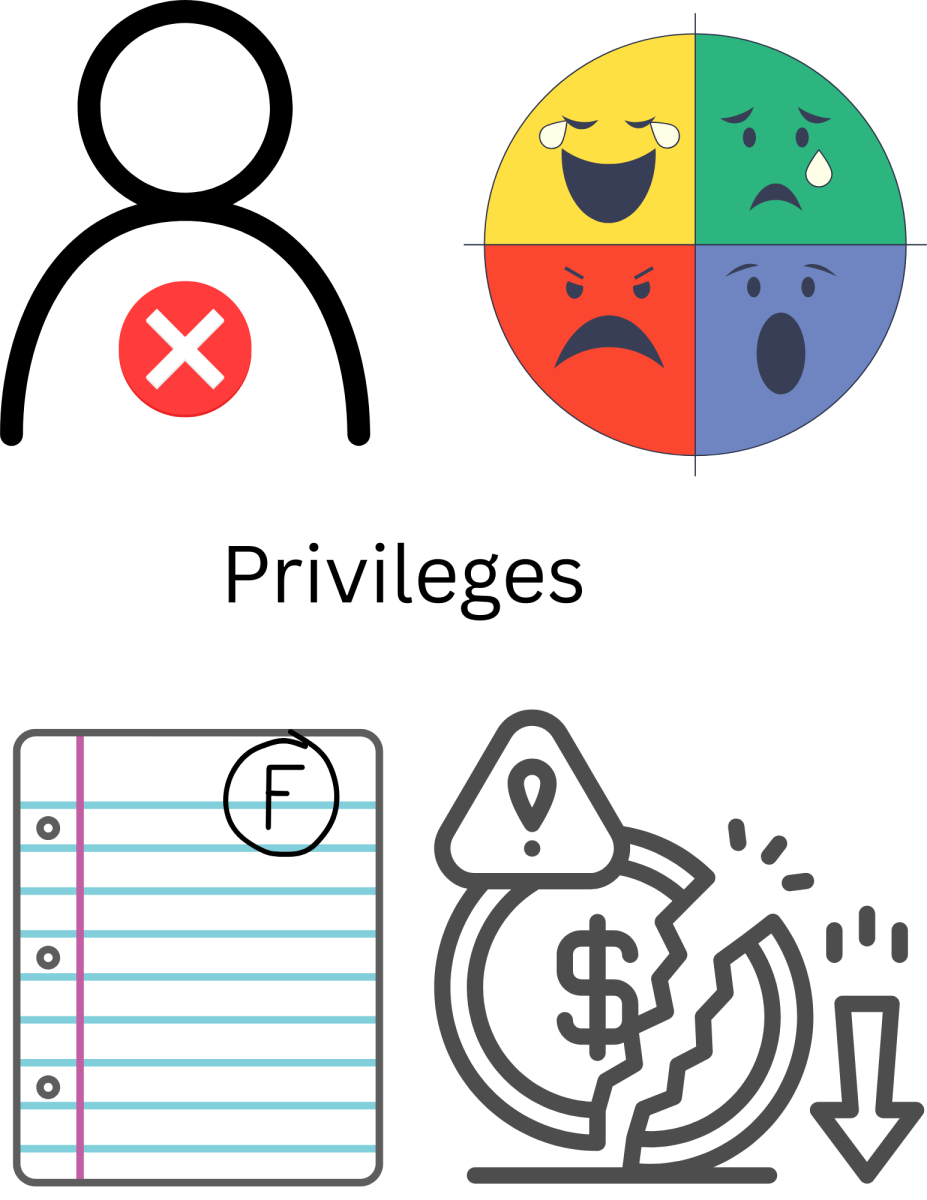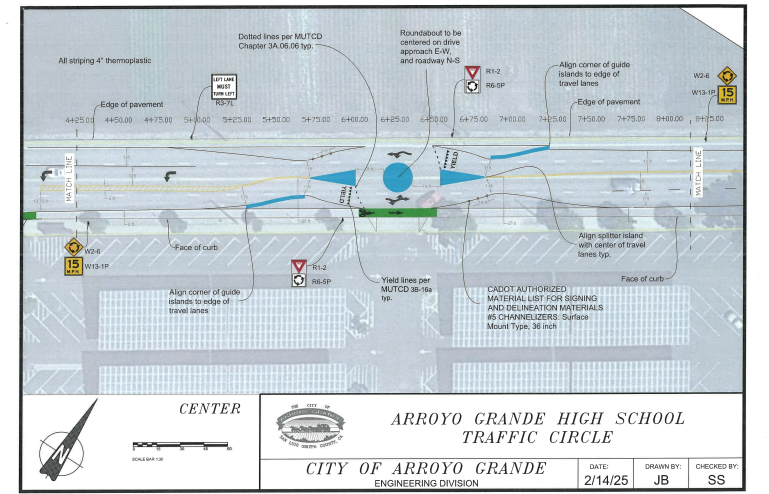In an age of technology, certain skills we spend time learning in elementary school have become obsolete. With the constant availability of phones, many people no longer wear watches, rendering analog clocks less common or necessary to learn how to read.
I still think it is important to learn to read a clock so that boomer relatives won’t make fun of you at Easter brunch. However, I believe other school technologies like calculators solve most problems regarding math in today’s world.
It is important to learn basic multiplication and addition to be able to understand how to use calculators in the first place, and to become better problem solvers. I can’t deny that in high school and life it becomes less and less relevant to be able to recite times tables and other impractical skills.
I am also not writing this to defend the fact that I no longer possess the same mental math skills I did in elementary school- however, if I did for some reason forget how to do such things it is not my fault, but the reliance on calculators in high school.
In third grade, I was taught that the faster I filled out multiplication charts, the better grades I would get. Instead of focusing on keeping these skills, the rush of being able to fill it out fastest in class resulted in these skills being short-term knowledge, dismissed to make room for the next largest number to multiply, and the next math level.
Because of the extremely helpful way I was taught (three cheers for Catholic elementary schools!) math was never really important to me. I would also like to mention that these skills were hard from the beginning for me to remember, and when I transferred to public school in 4th grade, I was behind due to the different speeds lessons were being taught.
I am by no way saying that everyone who comes out of the same education I did is not good at math, but for my learning style and silly lil’ brain, it just didn’t work. Now, I still count out some multiplication problems and hide my hands under the table when adding things.
The point is that calculators can do the same thing that a high schooler can regarding basic math quicker. I believe that students such as myself who aren’t super left-brained, should not be ridiculed in the way that Colby, who is also writing an article on this, has criticized me.
Whether as an app or in a pencil case, calculators are an easy efficient way to do these math problems and allow those who aren’t “math kids” to keep up with students who are.
And everything would be fine with looking up basic math to fact-check and get answers quickly if it weren’t for FASTBRIDGE. A mandatory assessment that forces me to remember the warzone where I first memorized these problems, spending nights crying over my math homework when all I wanted to do was watch Nickelodeon.
Elementary math should only be tested on elementary students, and in ways that will allow them to retain the facts. That is not praising the fastest student, waiting for those who take longer to learn, and either giving them calculators early or not at all.
It is a lie to say that I use basic mental math every day. I have never had to calculate how many halves of a pack of cookies I need to distribute to my friends to make sure it is even- I just let people take as many as they want. I am not interested in building a fence half with wood and half with cement where the cement blocks are each 4x2x8 inches, I just picture what I want it to look like and I try my best…
Or- I grab a calculator or open the calculator app and have it do the calculations for me. No tears, no long nights of reciting times tables, and more time for me to focus on the project itself, and hanging out with friends.
Because while mental math is important in some ways, calculators can do the equations just as fast.













